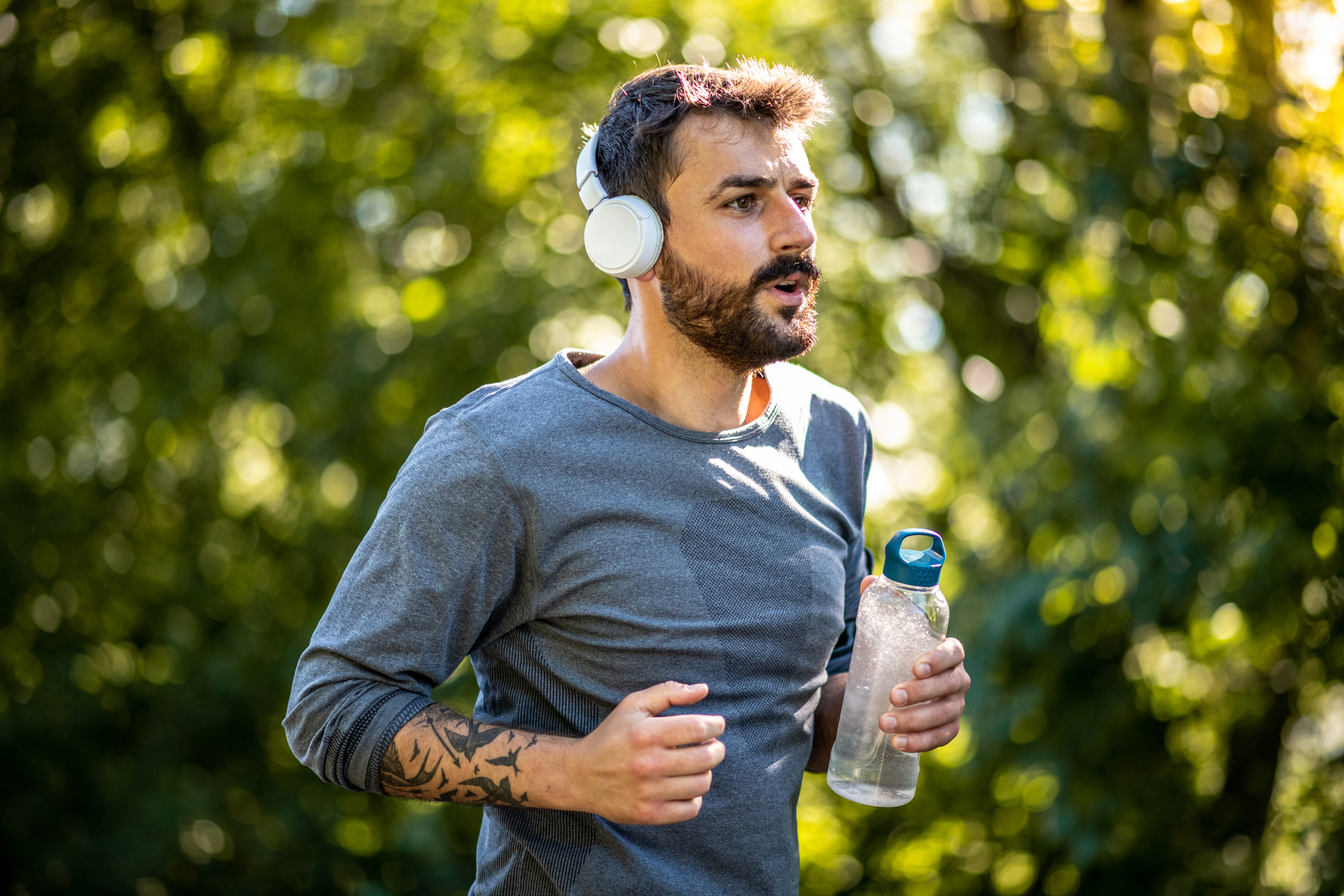When you think of drug rehab, you might picture therapy sessions, group meetings, or detox protocols—but you might not immediately think about exercise. Yet for many in recovery, physical movement becomes one of the most powerful tools for healing.
Exercise isn’t a magic cure for addiction, but it’s a proven, practical ally. Whether you're taking your first steps on the path to sobriety or trying to stay grounded in early recovery, movement can transform both your body and mind in ways that matter deeply during rehab.
Here’s how—and why—exercise helps you through the rehab process.
1. It Regulates Your Mood and Brain Chemistry
Drugs hijack your brain’s reward system, flooding it with dopamine and other feel-good chemicals. When you quit, your brain doesn’t immediately bounce back, which often leads to depression, anxiety, and powerful cravings.
Exercise, however, naturally boosts those same brain chemicals—especially endorphins, dopamine, and serotonin. After a workout, you’ll likely feel clearer, calmer, and more optimistic, even if just for a short while. That “natural high” is a healthy replacement for the artificial one that drugs used to provide.
2. It Reduces Stress and Anxiety
Early recovery can feel like emotional whiplash—your body’s detoxing, your emotions are raw, and your coping tools are limited. Exercise gives you a safe outlet for that stress.
Movement—especially aerobic activities like running, swimming, or even brisk walking—helps lower cortisol (the stress hormone) and improves your body’s ability to manage anxiety. Some people in rehab describe exercise as “meditation in motion”—a chance to calm their mind while working their body.
3. It Improves Sleep and Energy
Addiction often disrupts your sleep cycle. So does detox. Sleep deprivation can worsen cravings and make it harder to stay focused on recovery.
Regular physical activity can help reset your sleep rhythms, making it easier to fall asleep and stay asleep. Better rest equals more energy, better mood, and increased resilience—things every person in rehab desperately needs.
4. It Rebuilds Your Self-Esteem and Identity
Addiction takes a toll on your self-image. You may have spent years feeling shame, guilt, and a loss of control.
Exercise offers a way to reclaim your sense of power. As you get stronger physically, you often start to feel stronger emotionally. Each workout becomes a small victory—a reminder that you’re capable of showing up, doing hard things, and improving your life one step at a time.
Over time, you may begin to see yourself not just as “a recovering addict,” but as an athlete, a runner, a yogi—someone who values health, discipline, and progress.
5. It Creates Structure and Purpose
One of the most dangerous things in early recovery is boredom. When you suddenly remove drugs, there’s often a void—and if you don’t fill it with something positive, relapse risk goes way up.
Adding a daily walk, gym session, or yoga class gives structure to your day. It becomes something to plan for, to work toward, and to track. That structure, no matter how small, helps keep you grounded and focused when other things feel chaotic.
6. It Builds Community and Connection
Exercise can be social. Group workouts, sports, or even walking with others in treatment builds a sense of connection—something addiction often erodes.
Whether it’s a pickup basketball game or a recovery-focused running group, moving your body alongside others can help combat loneliness and create accountability.
A Simple Step with Powerful Benefits
You don’t need to be a gym rat or a marathon runner. You just need to start moving—consistently and intentionally. Whether it’s stretching in your room, lifting weights, dancing, or hiking, any movement counts.
In the beginning, it might not feel like much. But over time, exercise becomes more than just a physical activity—it becomes a cornerstone of your recovery. It helps regulate your body, stabilize your mind, and remind you that change is not only possible—it’s happening, right now, with every step you take.
So lace up your shoes, take a deep breath, and move. Recovery doesn’t just happen in your mind—it happens in your body, too.
Have your own tips or experiences with recovery? Share them in the comments below!
Let’s support each other.
If you need additional help with recovery, visit us in person or contact us at Hope Haven Recovery.





.webp)
.webp)